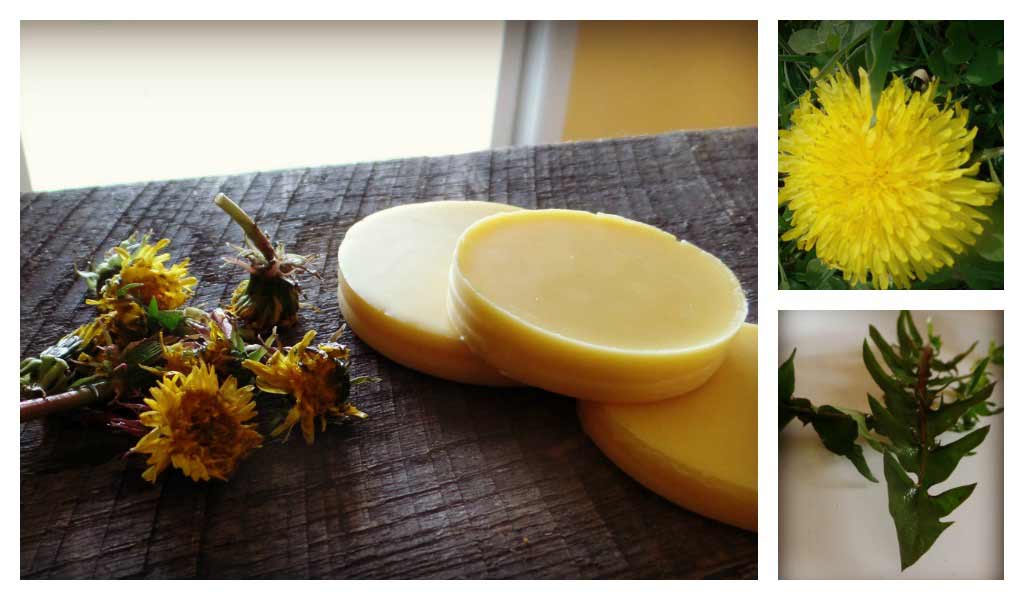Search Results for "chocolate"
News Results 751 of 870 pages
Crop returns growing as production costs rise, specialists say
WEST LAFAYETTE, Ind. — Farmers will spend more to produce their 2011 crops but they’re likely to make that up — and then some — from higher grain prices, say two Purdue University Extension specialists. Crop decisions Which crops farmers choose to plant this season also will play a factor in the returns they’ll earn,
Homeopathy has its fans and foes
UNIVERSITY PARK, Pa. — Mahatama Ghandi used it. So did Mark Twain and John D. Rockefeller. Cindy Crawford, Paul McCartney, Oprah Winfrey and Prince Charles are all said to be fans. The object of their admiration? Homeopathy, a non-toxic method of treating illnesses characterized as pure genius by its fans and pure quackery by its
You really need to do a balance sheet
Yes, it is time to take inventories and prepare balance sheets.
Out of the mouths of moms
As I reach the milestone of my 10th official Mother’s Day, I find that I appreciate my own mother so much more.
Planting the right forage this spring
Deciding on which species of new forage seedings to plant this spring can be difficult because it is influenced by many factors.
SOYBEAN RUST: Don’t alter management practices
COLUMBUS – The goal of any crop management is to utilize a production system that generates the most yields.
Southeast Ohio farmers offered free energy assessments
Farmers in an eight-county region of southeast Ohio can take advantage of free solar, geothermal or bio-methane assessments through July 1, 2018.
Spring weeds: Dandelion tea, salad and lotion bars
Although most people consider dandelions weeds, the plant has been used as food and medicine for hundreds of years.
Assessing and improving your pasture for 2014
Assess your pasture land now to make improvements for next season. Here’s how to do that.
Properly identify ear rot diseases
WOOSTER, Ohio — With several types of ear rot diseases appearing on Ohio’s corn crop, properly identifying them is important for producers to make decisions about feeding grain to livestock. “It is important to identify ear rot problems before harvest because some ear rot fungi produce mycotoxins that are harmful to livestock,” said Pierce Paul,










